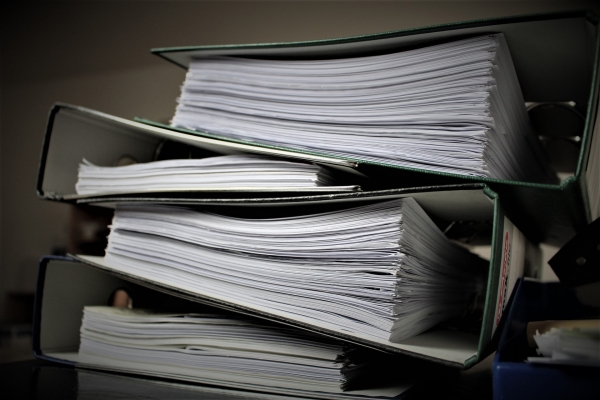Rules of Origin as Trade Measure
Rules of Origin (RoO) is not a trade instrument, but can be used as a measure to address national and international policies, i.e.
- to give preference to products from developing countries or from beneficiary countries;
- to protect local industry and to administer “buy national” policies;
- to control access to the domestic market by foreign exporters; and
- As safeguard to health, environment, food safety and national security.
Definition of Originating Goods
Under the TPP agreement, there are three (3) basic criteria to determine a TPP good, or as being “made in the TP”.
- Wholly obtained or produced entirely in one or more Parties.
- Produced entirely in the territory of one or more Parties, exclusively from originating materials.
- Produced entirely in the territory of one or more of the Parties, using non-originating materials provided the good satisfies all applicable requirements of Product-Specific Rules of Origin (PSR).
Wholly Obtained
Wholly obtained goods include natural products comprising of natural resources and minerals; plants grown and harvested in a country; and live animals bred, fished or captured.
Wholly Produced
The definition of wholly produced also covers goods produced from originating materials; or from scrap and waste derived from production operations or from used goods of exporting country.
Substantial Transformation
Goods produced using nonoriginating materials will have to undergo substantial transformation in a country before being qualified as originating. Product-Specific Rules of Origin (PSR) is used to determine the change.



